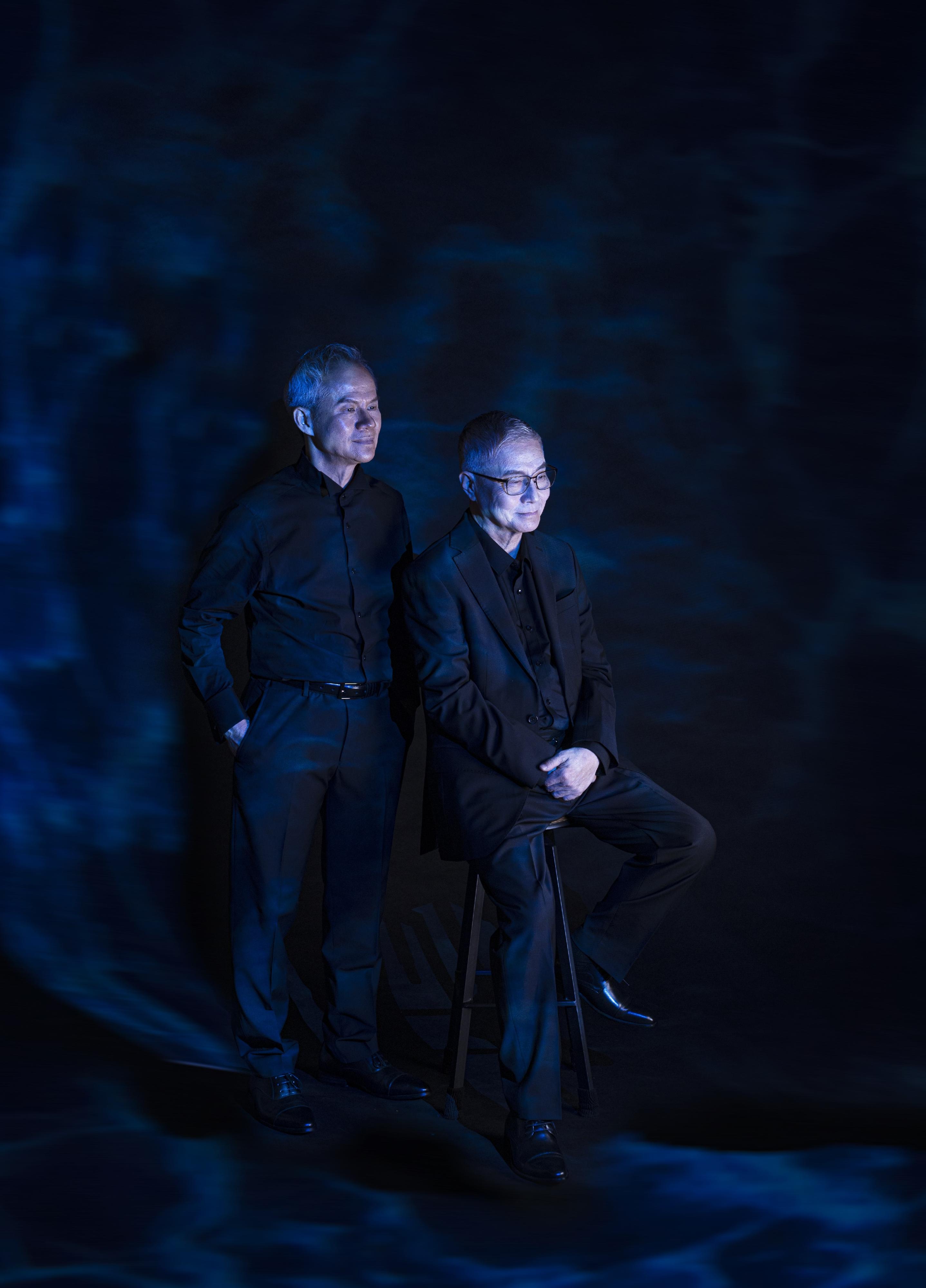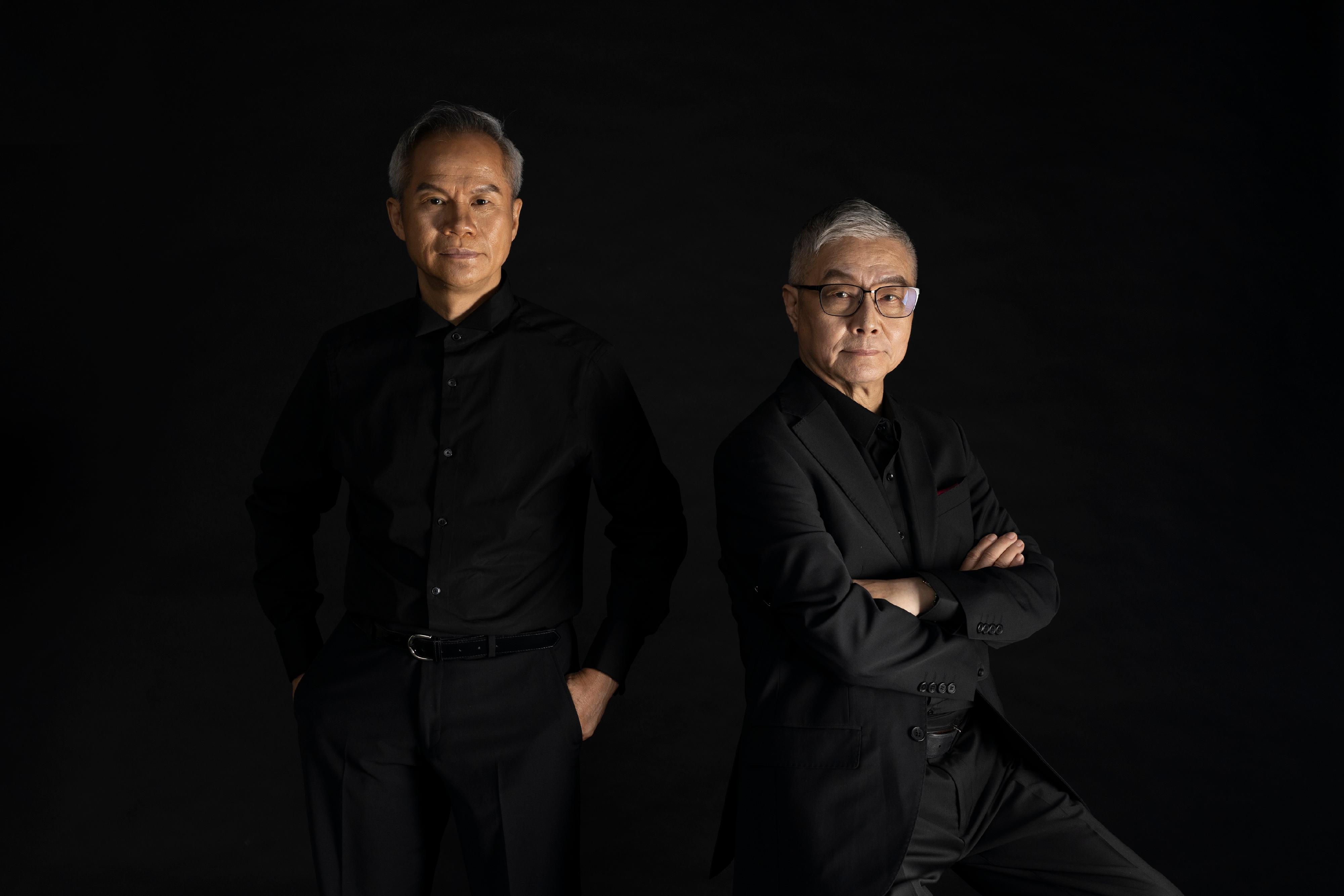Following is a question by Dr the Hon David Lam and a reply by the Secretary for Health, Professor Lo Chung-mau, in the Legislative Council today (November 1):
Question:
In 2013, the Ombudsman published a direct investigation report on “Control of Healthcare Professions Not Subject to Statutory Regulation”, which put forward the recommendation to “map out a long-term review strategy for the scope and ways to strengthen regulatory control of unregulated healthcare personnel and also the need for putting them under statutory control”. In December 2016, the Government launched the voluntary Accredited Registers Scheme for Healthcare Professions (AR Scheme). There are views pointing out that while at present the relevant professional bodies of five healthcare professions (including clinical psychologists, educational psychologists, dietitians, speech therapists and audiologists) have been granted full accreditation status under the AR Scheme by an independent Accreditation Agent, the Government has not yet taken forward a statutory registration regime for such healthcare professions in the past seven years, giving rise to the situation where persons whose healthcare professional competencies are not up to standard can continue to claim themselves to be healthcare professionals and mislead members of the public. In this connection, will the Government inform this Council whether it has formulated a specific timetable for implementing a statutory registration regime for such healthcare professions; if so, of the details; if not, the reasons for that and the factors for consideration?
Reply:
President,
I would like to thank Dr the Hon Lam for his question and concern towards the development of healthcare professions. According to the classification of the World Health Organization, the work of healthcare professions mainly involves the provision of recommendations or services for prevention, curation, rehabilitation and promotion of health, and also cover the personnel providing technical support for diagnosis of or treatment for illnesses and injuries. Thanks to the reputation built up by various healthcare professionals over the years in their respective fields, the professional standard of healthcare professions in Hong Kong ranked high among developed economies. Healthcare professionals are the “gatekeeper” of the health of citizens. The Government attaches great importance to their professional standard and conduct to ensure that the quality of healthcare services meets the requisite standard to protect the health of citizens.
Healthcare professions in Hong Kong have all along observed the principle of professional autonomy. Various healthcare professions are subject to different levels of regulation based on their professional risks and development. There are mainly three modes of regulation. The first is a mandatory statutory registration regime under which registration is compulsory for practising the profession, or else committing such professional actions is not allowed. The second is registration under accredited schemes, which is a non-compulsory registration and will not prohibit non-registrants from practising the profession. The third is voluntary registration under a society-based arrangement. A mandatory statutory registration regime is not the only effective mode of regulation, nor is it applicable to the actual situation of all healthcare professions.
The Government’s policy is to first and foremost adopt a risk-based approach to consider selecting the most suitable mode of regulation applicable to various healthcare professions based on the level of risk on public health and healthcare quality and safety posed by the healthcare professions when providing services. In general, the Government will prioritise the implementation of mandatory statutory registration for healthcare professionals carrying out medical procedures which are invasive or of a higher risk. At the same time, the Government will separately maintain communication with the professions and regulates the healthcare professions taking into consideration the actual situation of their development. Our factors of consideration include the following four points:
(1) whether the profession has a broadly representative organisation or association with an effective governance structure;
(2) whether the profession is capable of formulating professional standards and registration criteria with recognition;
(3) the scale of the profession, including the service volume and the number of professionals; and
(4) the views of the organisations and members of the profession.
The Government launched the Accredited Registers Scheme for Healthcare Professions (AR Scheme) in December 2016 to improve the society-based self-regulatory registration arrangement for non-statutorily regulated healthcare professions under the principle of professional autonomy. The AR Scheme is operated according to the principle of “One Profession, One Professional Body, One Register”, and healthcare professional organisations may choose to participate in the AR Scheme according to their wishes and situation. The Jockey Club School of Public Health and Primary Care of the Chinese University of Hong Kong has been appointed as the Accreditation Agent of the AR Scheme to carry out accreditation procedures for the participating healthcare professional organisations. Relevant healthcare professional organisations will only be granted accreditation status upon passing the accreditation assessment. Accredited bodies are responsible for managing the register of the relevant profession, and members of the public may inspect the register through the accredited bodies for receiving services.
Since the launch of the AR Scheme, five healthcare professions, including audiologists, clinical psychologists, dietitians, educational psychologists and speech therapists, each has one professional organisation passing the accreditation assessment from 2018 to 2019 and granted full accreditation status. The re-assessment of the five accredited bodies under the accreditation assessment of the second accreditation cycle has commenced by phases beginning in 2022. Among all, the Hong Kong Institute of Speech Therapists has successfully passed the second accreditation assessment, while the accreditation assessment procedures for the other professional organisations will be completed shortly. The Accreditation Agent has earlier commenced the review of the effectiveness of the first accreditation cycle. It has preliminarily affirmed that the AR Scheme operated largely smoothly and has achieved its objective of ensuring the professional standard of healthcare professionals, while enabling members of the public to make decisions in choosing healthcare services by providing them with more information. When the review is completed, the Accreditation Agent will submit the final report to the Government and make recommendations on enhancing the AR Scheme and the way forward.
To enhance the recognition of the AR Scheme, the Department of Health and Hospital Authority have enhanced their employment arrangements by including registration with the accredited bodies as one of the priority considerations in the recruitment for positions of the relevant healthcare professions. Also, starting from April 2023, the Government has extended the scope of the Elderly Health Care Voucher Scheme to cover primary healthcare services provided by four categories of healthcare professionals registered under the AR Scheme (viz. audiologists, dietitians, clinical psychologists and speech therapists). This notwithstanding, there is still a large room for improvement in the number of registrants and ratio of registration under the AR Scheme. For some professions, it is estimated that only less than around 40 per cent of practitioners were registered with the accredited bodies. I believe that more healthcare professionals will apply for registration when accredited bodies step up the publicity of their accreditation status and enhance their professional representation. This will further enhance the recognition of the AR Scheme and enable it to better demonstrate its effectiveness.
As for the suggestion to set up mandatory statutory registration regimes for the five healthcare professions under the AR Scheme, it concerns the regulation of the overall healthcare profession and the Government must prudently and comprehensively consider the issue. We have at present no plan to legislate in respect of the relevant healthcare professions to set up mandatory registration regimes and to preclude non-registrants from practising. The Government will continue to keep in view the actual situation of the healthcare professions under the AR Scheme and consider suitable regulatory regimes for the relevant healthcare professions having regard to the final recommendations of the review report to be submitted by the Accreditation Agent.
Thank you, President. read more



